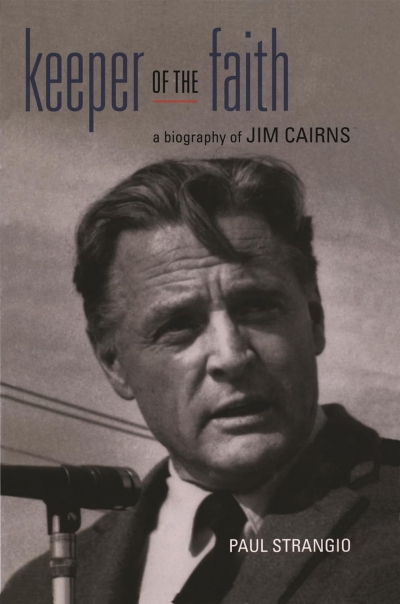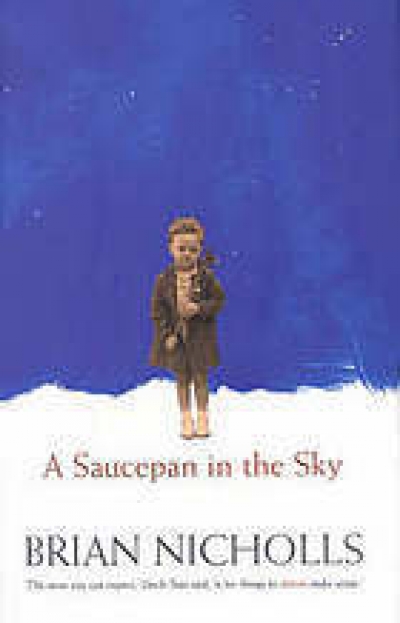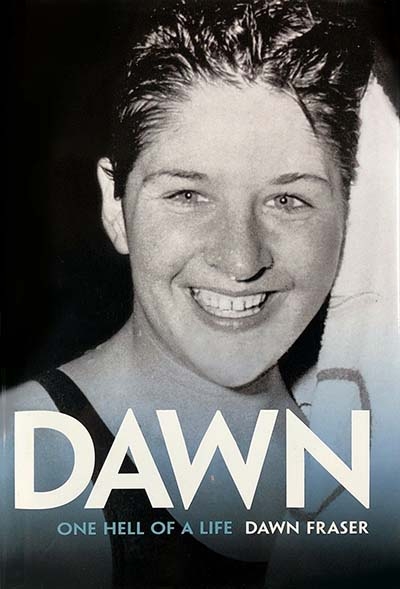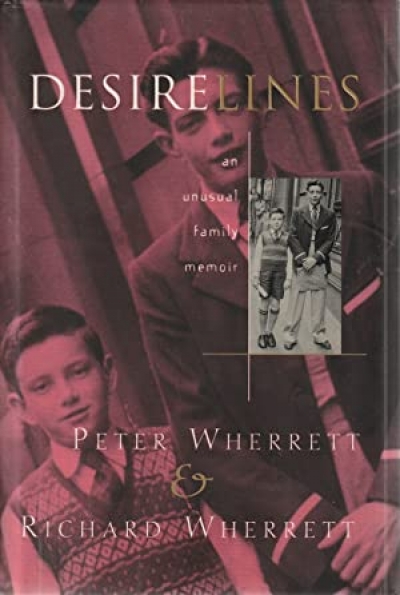Autobiography
Keeper of the Faith: A biography of Jim Cairns by Paul Strangio
by Gideon Haigh •
A Wealth of Women by Alison Alexander & Eating the Underworld by Doris Brett
by Joy Hooton •
Two Prayers to One God: A Journey towards Identity and Belonging by George Szego
by Tamas Pataki •
Desirelines: An unusual family memoir by Peter Wherrett and Richard Wherrett
by Kerryn Goldsworthy •










